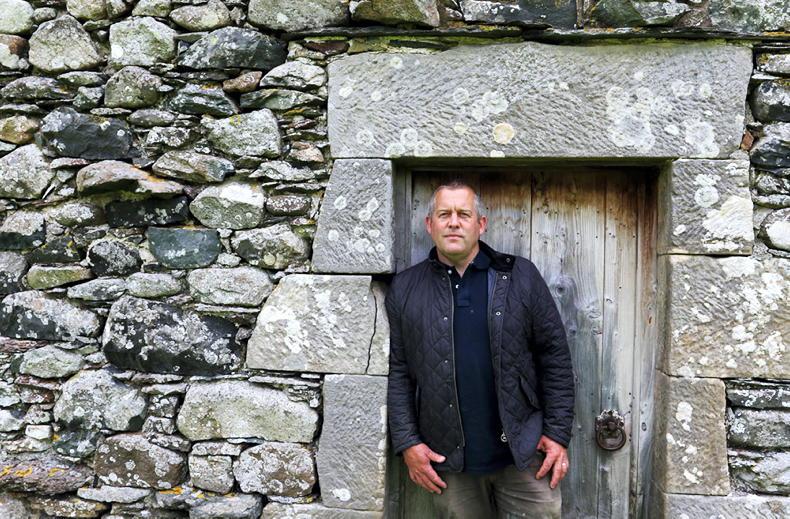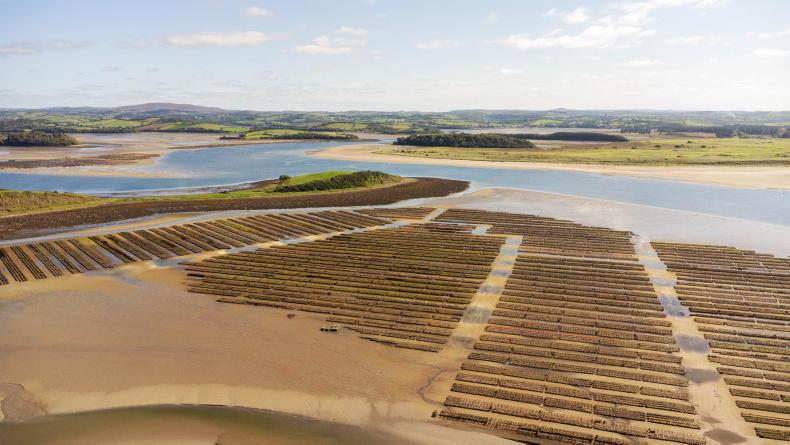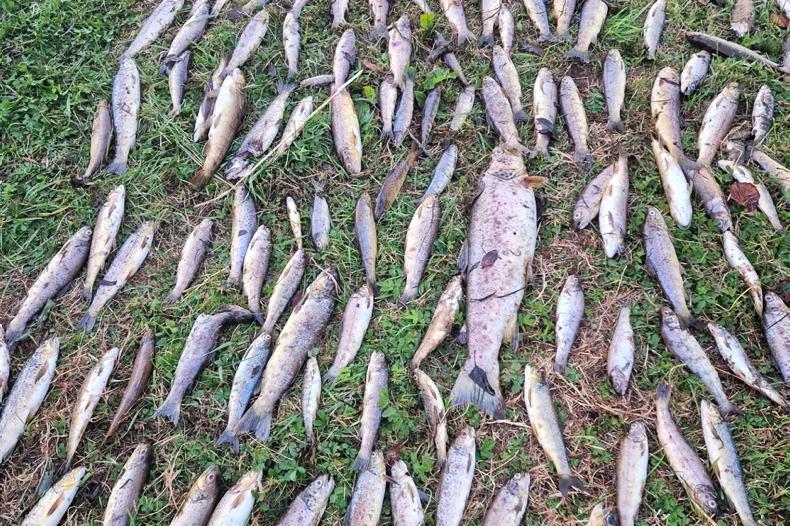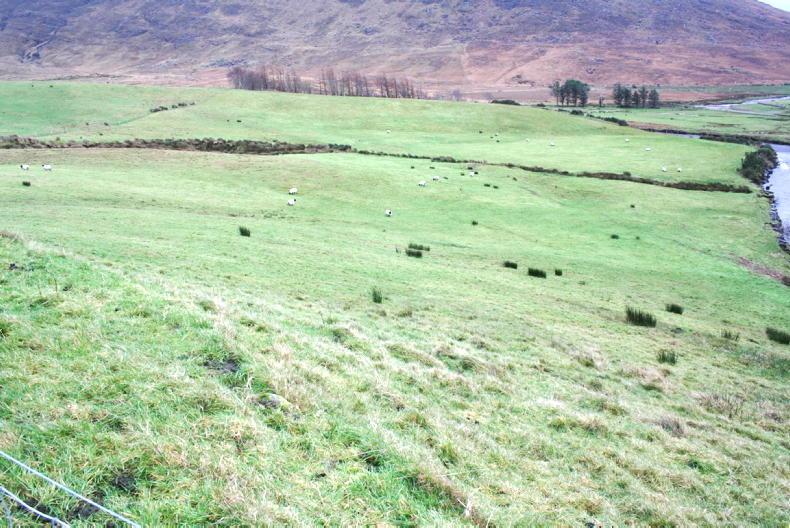Opinions about the role that farmers have in producing food and managing the environment have become extremely polarised in recent years.
The need to feed a growing world population from a limited land area means productive farms are essential. But nature surveys indicate that wildlife and native plants are in decline, while farmers are also expected to make contributions across a range issues from water quality to climate change.
On one hand, there is an argument for driving agricultural production further. At the other extreme, some want the countryside to be “rewilded” by abandoning farming and letting nature take over.
In his new book, English Pastoral: An Inheritance, James Rebanks makes the case for finding the middle ground, or a “beautiful compromise” as he calls it.
The Lake District farmer is concerned about the changes in farming over the past 50 years. He notes a significant decline in biodiversity in the countryside as farms have intensified and specialised by producing fewer commodities.
Throughout the book, Rebanks makes clear that the blame cannot be placed on farmers themselves. Farmers have had to change practices to stay financially viable and, despite doing that, returning a profit has still been a struggle for many.
Cheap food
Instead, Rebanks is fiercely critical of successive UK governments who have maintained a cheap food policy for decades. Supermarkets have been allowed to compete in a race to the bottom on price. Everyone in the food supply chain is squeezed, especially farmers.
However, the common advice from agricultural economists and advisers to focus on farm profitability is dismissed by Rebanks in the book. He maintains there is much more to a sustainable farm than the bottom line.
“Farming is not a business like any other because, crucially, it takes place in a natural setting and affects the natural world directly and profoundly,” he writes.
Rebanks has adopted a raft a conservation measures on his 185-acre upland farm in Cumbria. He has fenced off waterways and riparian zones, developed species-rich swards, stopped sowing artificial fertiliser and aims to plant a tree every day for the rest of his life.
However, he admits that this is currently not a financially viable approach to farming, and he has had to supplement his income with off-farm employment.
He bluntly describes “farming for nature” as “economic suicide”.
But the conservation message coming from Rebanks, an actual farmer who has bills to pay, is much more palatable than the usual lectures that come from environmental campaigners who do not understand farming.
Rewilding
Rebanks is not an advocate of intensifying production in the lowlands to allow poorer quality land to be freed up for rewilding.
Firstly, he says this approach would not work in practice as farmers in marginal areas would be tempted to adopt the technologies and practices used in food producing regions, so there would be little or no environmental benefit in the end.
Also, he maintains that set aside areas of rewilded countryside would not be wild at all. There would still be roads and houses, and probably visitors from the cities. To be truly wild, vast areas of land are needed to allow seasonal migration of herbivores, and large carnivores are then required to keep them in check.
“Abandoning farmland isn’t remotely the same thing as restoring a wild ecosystem – plagues of deer replace hordes of sheep and little good is achieved,” he writes.
Rebanks acknowledges that most farmers will not want to adopt conservation measures to the extent that he has on his own farm. But he urges readers to get away from the idea that land must “either be perfectly wild or perfectly efficient”.
He maintains that there is a vast spectrum between the two extremes which presents huge scope for more nature-friendly farming.
“Whatever the farming system, there are ways to nudge things to get lots of nature back into it,” Rebanks writes.
Relatable reading for NI farmers
The new book by James Rebanks is well broken up and is easy to read. He is an excellent writer, and his use of descriptive language brings his farm to life on the pages.
Despite the author being much less production-focused than most farmers, many of his thoughts and opinions are still relatable to NI farmers.
Firstly, Rebanks differs from most high-profile English farmers in that he has a relatively small farm. His bank manager once described it as too big for a hobby, but too small for a full-time income. It is a conundrum that many local farmers face.
Rebanks also owns his farm and it has been in his family for generations, so he has a very strong attachment to it.
Farming
In the first of three sections in the book, he describes in detail many of his childhood memories of farming and how these experiences gradually made him realise that he wanted to be a farmer.
Everyone working within agriculture has these memories and taking time to occasionally think about them is a useful way of reminding ourselves why we farm.










SHARING OPTIONS